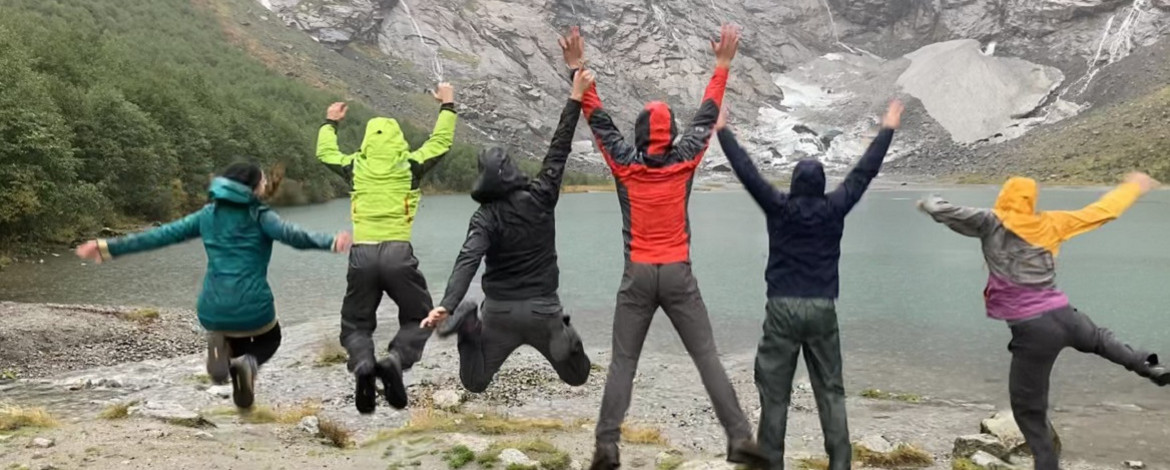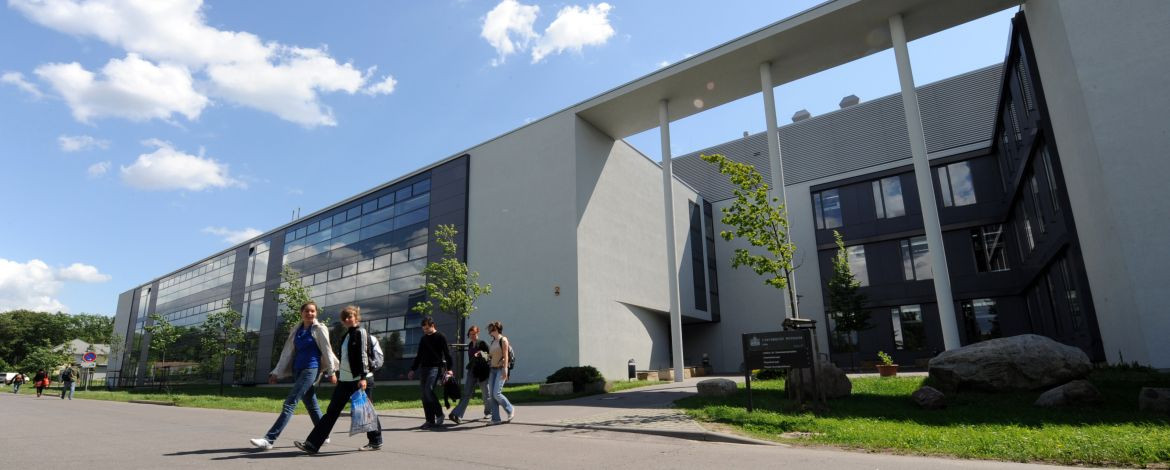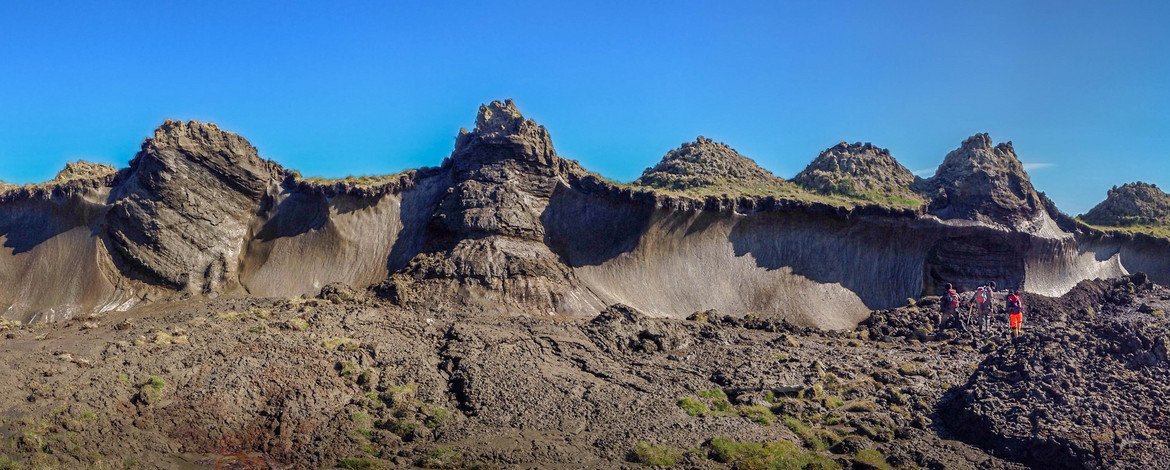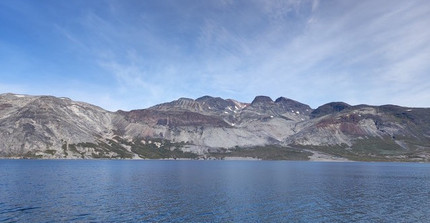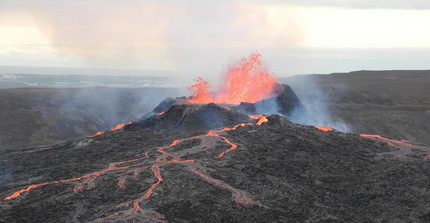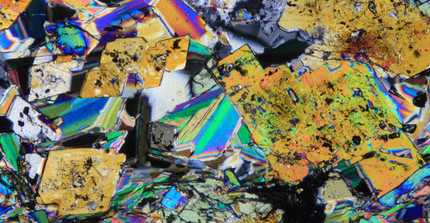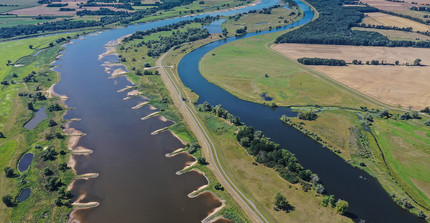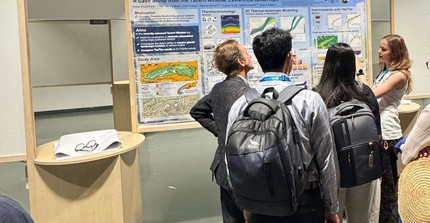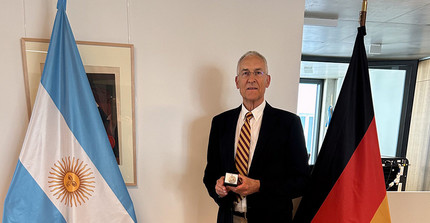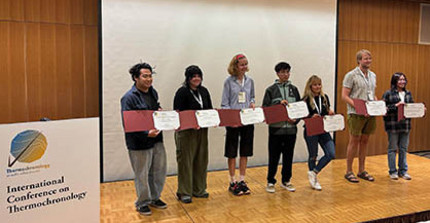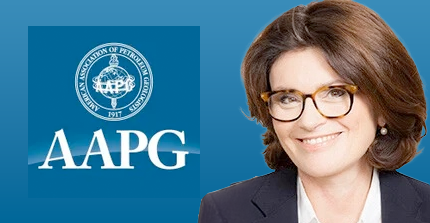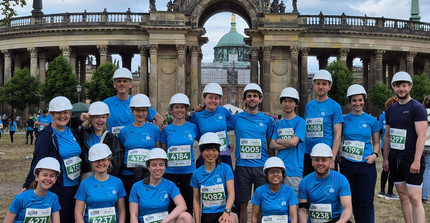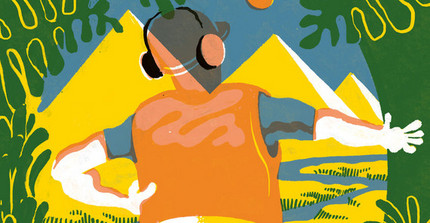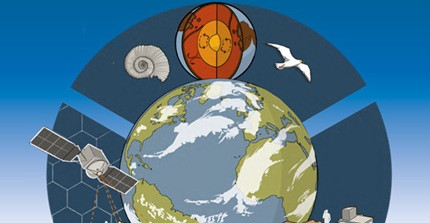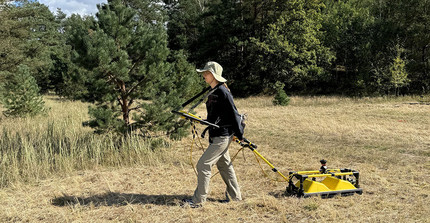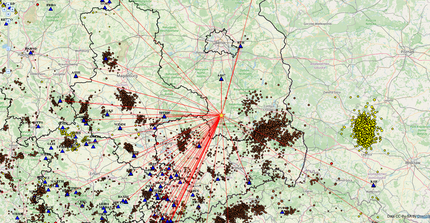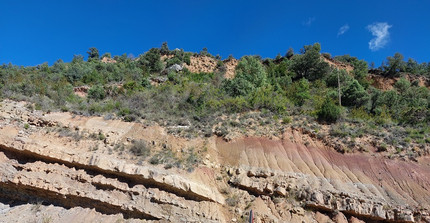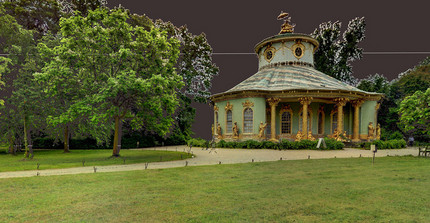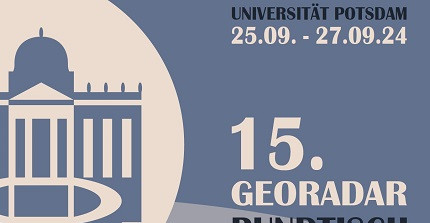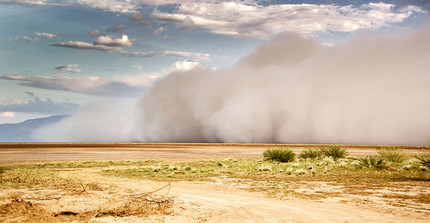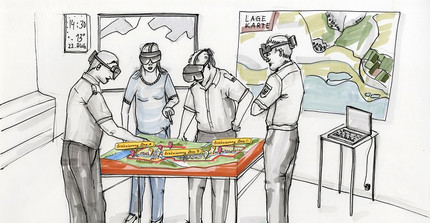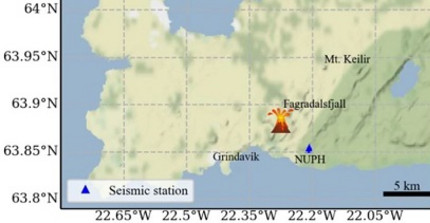The Institute of Geosciences
The geosciences study the forces and processes that have driven the transformation of our planet for several billion years, creating ocean basins and mountains and destroying them again. This includes analyzing the formation of natural resources and their exploration with state-of-the-art recording techniques, assessing natural hazards and geohazards, the evolution of organisms and their relationship to the solid Earth, and increasingly, the impact of humans and global change on the Earth's surface, our habitat.
Our German-language Bachelor's program in Geosciences and English-language Master's programs in Geosciences and Remote Sensing, Geoinformation and Visualization, respectively, as well as the international doctoral program have the task of enabling students to apply a broad inventory of methods. This includes the development of a technical system and the ability to recognize interdisciplinary relationships and to transfer observations from the field into models. In doing so, we offer a variety of specialization options according to the methodological and content-related foci of the different research groups, various programs for the internationalization of studies, and first-class graduate training.
The institute is an active partner of the coordination platform Geo.X, which organizes the close network of earth and environmental science research institutions in the Berlin-Potsdam area.

